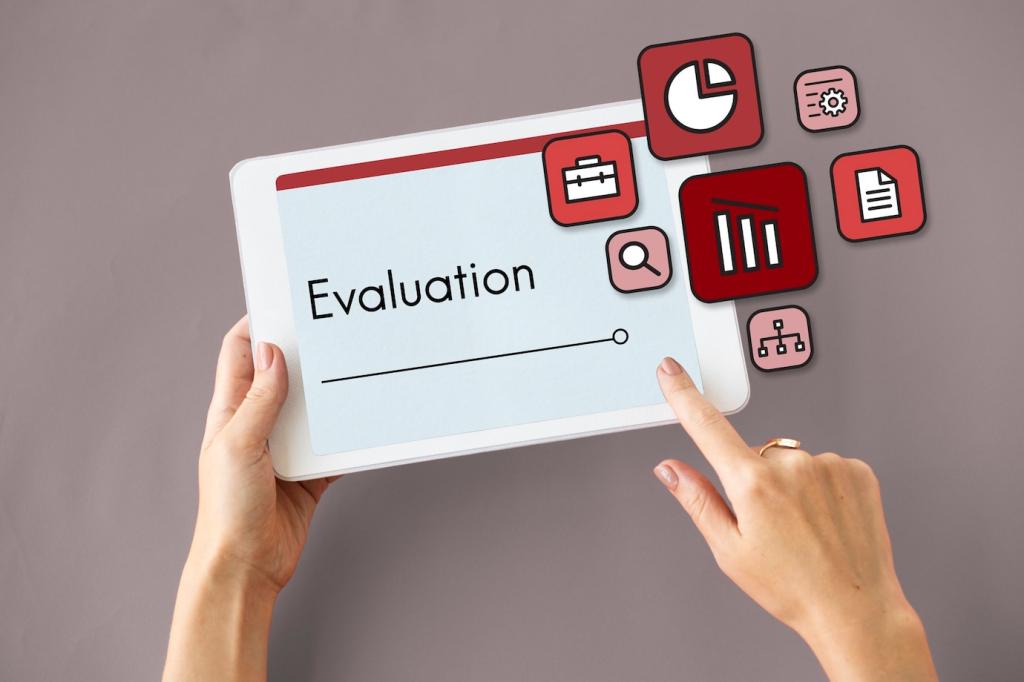Instructor Expertise and Teaching Methods Comparison


Why Instructor Expertise Matters
Degrees can signal deep theoretical knowledge, yet mastery shows when concepts are explained clearly, misconceptions are anticipated, and students progress. Ask for tangible artifacts: sample lessons, annotated solutions, or public talks demonstrating accessible rigor.
Why Instructor Expertise Matters
Great instructors understand not just the subject, but how learners commonly stumble with it. They use analogies, diagnostic questions, and staged complexity, transforming confusion into clarity through planned moments of productive struggle.
Comparing Core Teaching Methods

Lecture-Based Instruction
Lectures are efficient for introducing frameworks and vocabulary at scale. Risks include passive reception and fragile retention. Strong lecturers punctuate delivery with questions, quick checks, and retrieval prompts to keep minds actively engaged.

Flipped Classroom
Pre-class materials deliver first exposure, while class time targets practice and feedback. Success hinges on well-designed prework and accountability. When done right, students arrive ready to apply, discuss, and refine understanding together.

Project-Based Learning
Projects anchor concepts in authentic tasks, motivating transfer and deeper reasoning. Without scaffolding, projects can overwhelm. Effective instructors provide milestones, rubrics, exemplars, and regular critique so complexity builds without derailing momentum.
Evidence-Based Practices That Cut Across Methods
Brief problems, think-pair-share, and cold or warm calls spur processing. Retrieval practice strengthens memory by recalling without notes. Expect low-stakes quizzes, whiteboard prompts, or exit tickets, not just polished slides and long monologues.
Evidence-Based Practices That Cut Across Methods
Spaced practice and mixed problem types counter illusion-of-mastery. Worked examples reduce cognitive load early, then fade. Skilled instructors choreograph this sequence so students struggle productively rather than flounder aimlessly.
Technology’s Role in Method Effectiveness
LMS tracking can highlight concepts causing friction and identify disengagement early. Expert instructors interpret data carefully, triangulating metrics with classroom observations instead of chasing dashboard vanity numbers.
Technology’s Role in Method Effectiveness
Interactive environments turn abstract ideas concrete. The best instructors set scenarios with clear objectives, debrief errors compassionately, and connect outcomes back to theory, ensuring practice translates into transferable insight.


A Tale of Two Instructors: A Comparative Anecdote
Instructor A: Brilliant, But Broadcast-Only
A renowned researcher delivered elegant lectures with minimal interaction. Midterm scores looked solid, yet final projects struggled to integrate concepts. Students reported difficulty applying methods without step-by-step guidance or timely feedback.
Instructor B: Practitioner with Structured Projects
An industry veteran assigned scaffolded projects, peer reviews, and weekly reflections. Lectures were concise, focused on misconceptions. Though pace felt demanding, cross-unit transfer improved, and alumni later cited job-ready confidence.
What the Comparison Teaches
Expertise matters most when coupled with deliberate pedagogy. The winning combination blended credible experience, explicit modeling, practice opportunities, and rapid feedback. Which ingredients matter most to you? Comment with your priorities and context.



Matching Expertise and Method to Your Goals
Seek instructors who map objectives to item types, provide retrieval-heavy drills, and explain scoring rubrics. Methods should emphasize spaced practice, error analysis, and test-taking strategies grounded in authentic exam constraints.
Matching Expertise and Method to Your Goals
Favor instructors with rich domain stories and ambiguity-tolerant design. Methods like project-based learning and critique sessions help you practice framing problems, evaluating trade-offs, and defending decisions with evidence.
Build Your Personal Comparison Framework
Ask for sample lesson videos, anonymized feedback summaries, and example assessments. Look for transparent learning goals, alignment across activities, and data showing improvement rather than only satisfaction quotes.
Build Your Personal Comparison Framework
Scan for pacing that includes practice, reflection, and revision. Are difficult topics revisited? Are assessments varied? Clear policies for feedback turnaround times are strong predictors of learning momentum.


